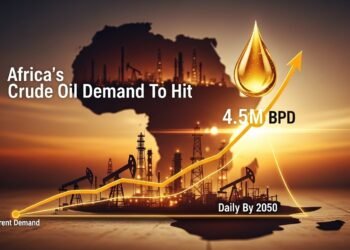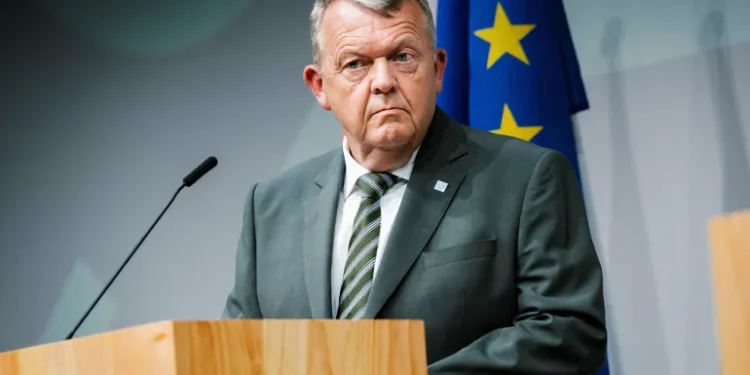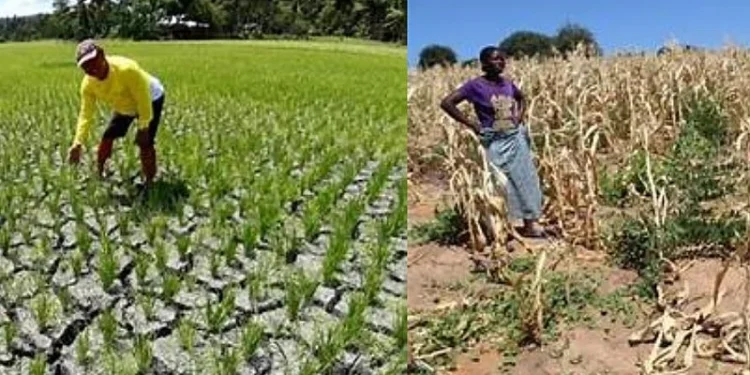Dr Yusif Sulemana, an energy strategist and Senior Oil Production Specialist at Petroleum Development of Oman has expressed worry about the deafening silence of the 2022 budget on the downstream sector challenges.
Since the second half of the year, households and businesses have complained vehemently over the astronomical rise in fuel prices, and the fact that the zeroing of the Petroleum Stabilisation Recovery Levy (PSRL) has had little to no impact on fuel prices.
The 2022 budget was expected to have everything else including the government’s strategies to find a broad-based solution to the current phenomenon of rising fuel prices, Tema Oil Refinery’s (TOR) unsustainable business among others.
At least, these were the issues experts, market watchers, and CSOs had envisaged the government could have paid attention to, and outline ways to resolve the issues within the downstream sector.
Dr Yusif Sulemana said: “The reason why we struggle when oil prices go through the bust cycles and boom cycles… is because we try to operate the upstream and downstream as separate entities… [instead of] making concerted efforts to link up the upstream and downstream sectors. This has exposed my worry.”
The budget had no mention of the immediate strategies that “will be put in place to cool down the pump at the moment. Prices cannot just be going up and there is no strategy. If there is, then you have to make it clear for people to know, and that brings hope.” But that never happened.
The government recently zeroed the Price Stabilization and Recovery Levy for two months: sixteen pesewas per liter (GHp16/Lt) on petrol, fourteen pesewas per litre (GHp14/Lt) on diesel, and fourteen pesewas per kilogram (GHp14/Kg) on LPG to cushion consumers.
However, this has not yielded the expected results since it took effect on November 1, 2021. As fuel prices have consistently risen by 9.5% on average from GHS6.80 at the second pricing window of October 2021 to GHS6.99 at current.
Ghana Struggles during bust and boom periods of oil prices
By January 2022, when the suspended PSRL is intended to be reversed, fuel prices will still remain elevated although it is expected that during the beginning of the year, global oil prices will have receded marginally, albeit temporarily due to the expected decline in oil demand mostly characterizing this period.
Fuel prices are sticky downwards even during periods where prices are declining, since Bulk Distribution Companies (BDCs) and Oil Marketing Companies (OMCs) stay their margins at existing prices and do not find any reduction in prices an incentive.
Dr Sulemana said developing home-grown strategies can go a long way to reduce the pressures from international market dynamics. Thus, the ability to revamp TOR’s operations to serve as a strong support within the petroleum value chain would go at length to subdue the growing impact of the global oil market dynamics.
In addition, these are times that plans for the sustained progress of the Bulk Oil Storage and Transportation (BOST) Company Limited is required in order to cushion the downstream sector from external shocks, Dr Sulemana said.
Going into 2022 without any plans to this effect, uncertainties surrounding rising fuel prices may replicate in the coming year, given that global shocks to the oil market prolong.
Outlook of Oil Prices for 2022
Global oil dynamics still remain uncertain, despite the fact that prices of oil are declining on the global market. This outturn is triggered by bearish sentiments currently at play and that prices may fall below $80 per barrel in the coming year, but this is only temporal, Dr Sulemana said.
A combination of factors are in consideration for this turn of events: “The US is being impacted negatively so much to the extent that gasoline prices in the US are high. So, the US is in a way, putting so much pressure on bulk producers and bulk consumers alike, telling OPEC to release more barrels to cool down the market and OPEC remaining steadfast in their stance and are not willing to budge.
“Now, the US is contemplating on calling for bulk consumers like Japan, China just to push them to release their strategic reserves. That means they should minimize their consumption from the global basket and consume inwardly, but this is a short term measure.”
Dr Sulemana
Additionally, the spread of the COVID-19 virus is rising in parts of Europe: “Austria is moving into a lockdown and Netherlands are also putting in a bit of restrictions. Any symptoms of resurgence in terms of COVID is likely to impact the growth of oil demand.”
In essence, the country’s downstream sector cannot be left ‘naked’ to the mercies of these global shocks. The government must ensure that it revamps TOR and builds up its strategic reserves at BOST to reduce these impacts, Dr Sulemana said.
READ ALSO: Gov’t Renegotiates Gas Contract with N-Gas to Reduce Take-or-Pay Burden























